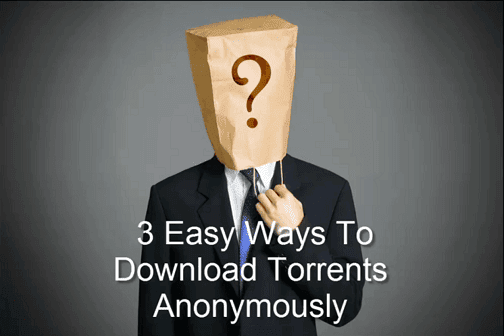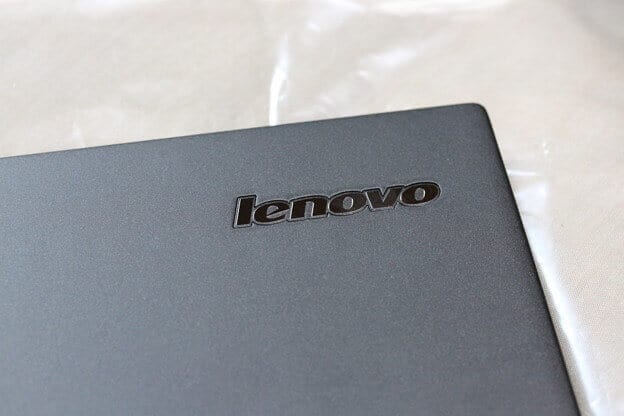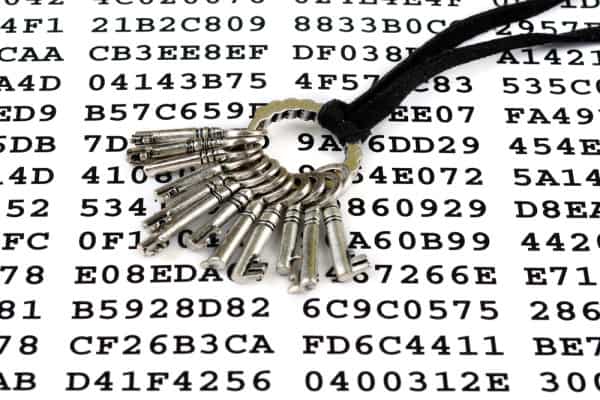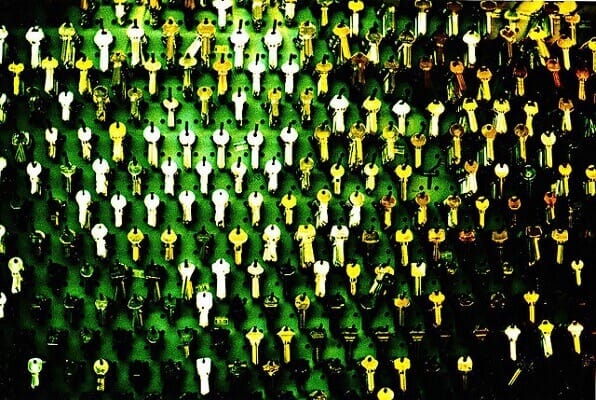Turkey Blocks Access to Facebook, YouTube and Twitter Over Gruesome Photos
Early Monday, Turkish authorities blocked access to Facebook, YouTube and Twitter after the companies had refused to remove gruesome photos, but the ban was lifted shortly after all three social media giants complied with the court order after an eight hour ban.
A court ruling ordered by Turkish authorities set to ban a total of 166 websites that had posted alleged gruesome and controversial photos. Aside from the webs leading social media platforms, specific links directed to stories published by Turkish newspapers were also ordered to be restricted.
The photo that caused this nation-wide ban was a photo of Mehmet Selim Kiraz, a public prosecutor in Istanbul who had been held hostage by members of the Revolutionary People’s Liberation Party-Front. Kiraz had died from injuries when Turkish security forces had stormed the building in which he was being held captive.
Istanbul’s 1st Criminal Court of Peace had Bekir Altun sign the court order, after Istanbul’s Chief Public Prosecutor’s Office’s Terror and Organized Crime Investigation Bureau demanded the news coverage, photos and videos be immediately wiped from the Internet. Lodged in the official complaint, the ruling stated if the platforms did not comply, a country-wide blockade could be legally implemented.
Various Internet service providers throughout Turkey began to ban and block access to the sites after they had failed the remove the gruesome photos.
Media outlets who spoke to the internet service providers located in Turkey told reporters all service providers were expected the implement the government’s court ordered ban immediately.
The ban had been lifted from Facebook almost immediately after the social media giant had complied, restoring access just a few moments after the ban was set in place.
Both YouTube and Twitter had access restored several hours later, after the social platforms complied with Turkey’s orders.
The ban stemmed from a number of reasons, some stating it was spreading terrorist propaganda while others stated the photos were strictly offensive.
“The wife and children of prosecutor Kiraz have been deeply upset. The images are everywhere,” a Turkish official said while speaking with Reuters. “A request has been made to both Twitter and YouTube for the removal of the images and posts but they have not accepted it and no response has been given. That’s why this decision has been taken through a court in Istanbul.”
This is not the first time Turkey has set a country-wide blockade on social media platforms and websites after not getting their way. Last year on March 20, 2014, Twitter had been ban in Turkey for several hours, after the Turkish government vowed to eradicate Twitter during an election rally. Turkish officials even went as far to ban YouTube and then block access to the Tor Project website once Turkish citizens began evading the blockade with free encryption tools.
Many people were able to easily circumvent to country-wide blockade with technical tools such as a VPN service and other encryption tools. The ban didn’t stop Turkish citizens from their public outcry, on Twitter, nearly two hours after the ban, the hashtag #TwitterisblockedinTurkey was trending globally.






